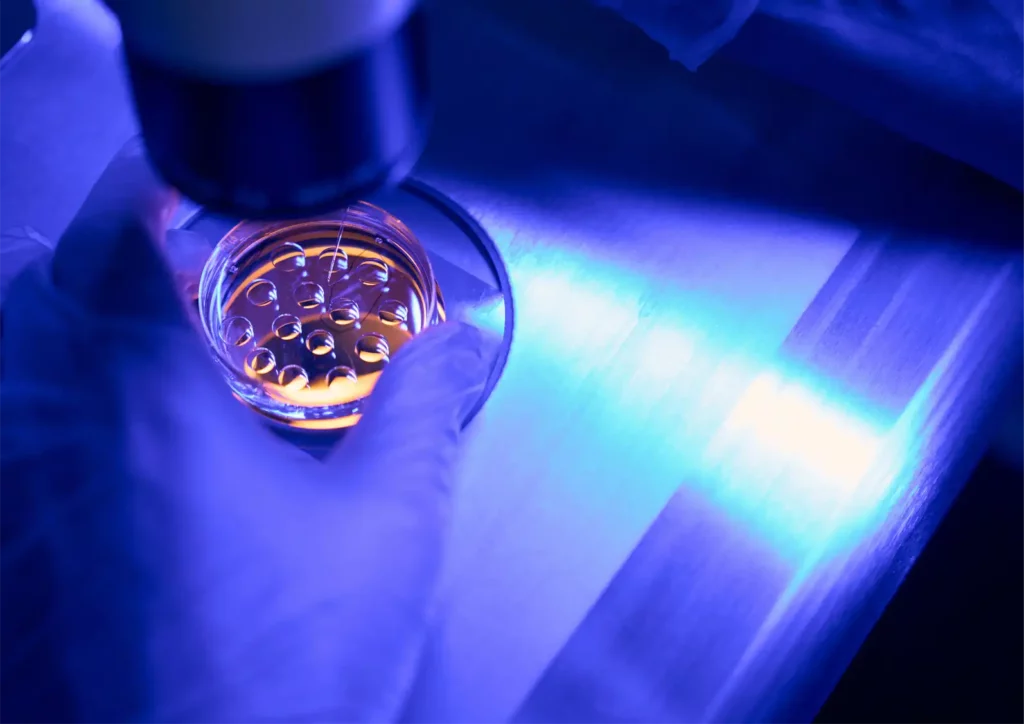How Amaris Consulting supports a leader in the healthcare and pharmaceutical industry in controlling and optimizing their production environment
Context
Managing environmental risks is becoming an increasingly important topic for companies of all shapes and sizes. Poor air quality, for example, seriously impacts business operations as well as being hazardous to human health.
The business benefits of preventing and managing air pollution are numerous: reduced legal and financial risks, and improved company standing, operations, and productivity are all direct outcomes stemming from improved air quality. For companies whose operations require a sterile environment, good air quality is vital to maintain uninterrupted production.
An Environmental Management System (EMS) is an effective approach for increasing compliance and reducing waste.
Whilst all companies must take their environments seriously, corporate businesses face the challenge of developing a scalable solution which can be rolled out across multiple sites.
Our client
Our client operates in the healthcare and pharmaceutical industry, finding new health solutions whilst engaging in positive environmental action. They aim to stay ahead of technical innovations and adopt the most cutting-edge scientific processes and equipment available.
Our client’s commitment to building a scalable solution is demonstrated by their recent initiative in creating state-of-the-art facilities to advance their research and development of vaccines, significantly enhancing their production capabilities and further cementing their position as an industry leader in healthcare.
The additional resources and capacity resulting from this investment increase our client’s flexibility and agility in responding to future healthcare risks.
Controlling the production environment
The monitoring and control of critical environmental parameters, such as air particles, water vapor and temperature, is an essential factor for the pharmaceutical industry.
As a pharmaceutical company, our client’s internal environment also needed to be managed. Their facilities had to be able cope with the ever-increasing demands of their research and development into new medicines. The cost and impact of irregularities or unexpected interruptions can be high, so the company needed a reliable monitoring and forecasting system which could be implemented across all their production sites. Being able to anticipate, monitor, and mitigate air pollution in a real-time production environment would allow the client to stay ahead of unexpected events which could incur huge costs.
The implementation of the EMS as well as the finished system had to adhere to three crucial criteria: •Protect valuable raw materials, such as those used in drug compounds •Ensure real-time non-contamination of drug batches •Deliver evidence of compliance with rules in case of regulatory audit or litigation
As well as the need to track data in real time to ensure no contamination of products or the external environment, this project faced numerous concerns, such as safeguarding the client’s valuable stock.
Implementing a sustainable development tool four client’s production facilities
Implementation:
- Implementation of third-party EMS technology
- Running tests
- Change management due to equipment modification
Monitoring:
- Applying changes due to production level adjustments
- Running compliance tests
Rolling out to multiple production sites:
- Implementation on 6 other production facilities
Results brought by Amaris
Amaris Consulting’s technological focus helped our client embrace new technologies and processes. With teams experienced in the life sciences field, the project also aligned perfectly with our own organizational goals of reinventing and transforming industrial and economic models through strategy, science and technology.
Our client can now conduct proactive maintenance and repair works, allowing them to be undertaken before any issues arise. This empowers the company to allocate resources accordingly, and to better plan for the growth of their operations. Once implemented, the solution can grow and evolve thanks to its technology of automatic diffusion of modifications towards the different elements of the system.
Our client can now better control the internal environments of its operations, and due to the success of the first implementation, EMS will be rolled out across other international sites soon.
Key Highlights
Improved production performances
Exceed current regulatory requirements
Control on-site risks
Control waste costs by saving energy and raw material
Differentiate from competition
Transparency with staff, consumers & insurers





